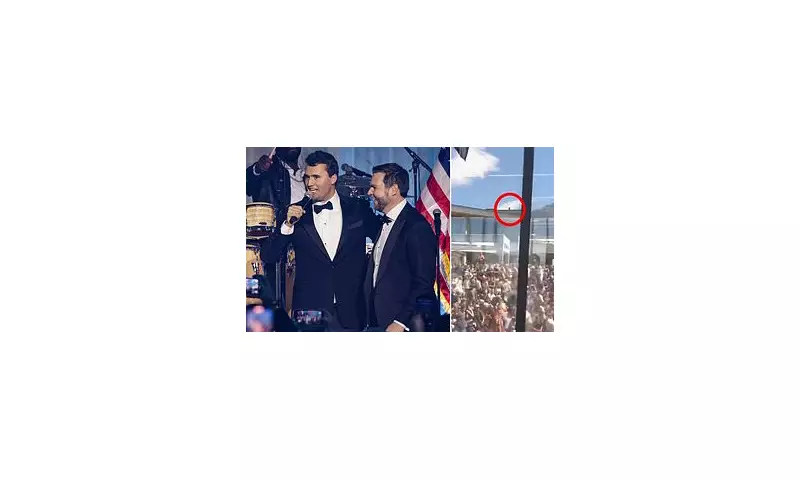
In a remark that has sent shockwaves through the political landscape, US Senator JD Vance (R-Ohio) has made the stunning claim that conservative commentator Charlie Kirk would be transformed into a 'martyr' for the right-wing cause were he to be assassinated.
The incendiary comments were made during a live broadcast of Kirk's show, 'The Charlie Kirk Show', where Vance was a guest. The conversation, which took a dark and speculative turn, has since gone viral, drawing condemnation and sparking intense debate about the rhetoric used in modern political discourse.
A Statement That Stopped Listeners
Senator Vance, a prominent figure and close ally of former President Donald Trump, did not mince his words. His stark assessment was delivered with a chilling matter-of-factness that left little room for misinterpretation.
"The best thing that could happen to your political movement... is if someone tried to kill you and you became a martyr for the cause," Vance stated directly to Kirk.
He elaborated further, suggesting that such a horrific event would, paradoxically, serve to unify and energise their political base in an unprecedented way, despite the obvious and tragic cost.
Context of a Heated Political Climate
The exchange did not occur in a vacuum. It comes amidst a period of heightened political tension in the United States, where threats against public figures have become increasingly common.
Charlie Kirk, the founder of the conservative youth organisation Turning Point USA, is himself a highly polarising figure. His views often place him at the centre of the nation's culture wars, making him a frequent target for criticism from the left.
Vance's commentary is being interpreted by many as a stark warning about the volatile state of American politics, while critics accuse him of irresponsible and dangerous hyperbole.
Reaction and Fallout
The segment has rapidly circulated on social media and news platforms, attracting a maelstrom of reactions. Detractors have slammed Vance's words as reckless, arguing that they trivialise political violence and could potentially incite further division.
Supporters, however, have defended the Senator, framing his statement as a blunt acknowledgement of the current toxic environment and the very real risks faced by those on the front lines of political debate.
As the story continues to develop, the focus remains on the thin line between political commentary and the potential consequences of such powerful rhetoric in an already fractured nation.





